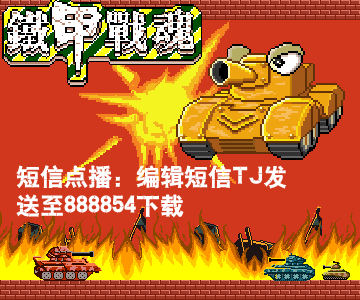第三部分:阅读理解(共20小题;每小题2分,满分40分)
阅读下列短文,从每题所给的A、B、C、D四个选项中,选出最佳选项,并在答题纸上将该项涂黑。
A
A special laboratory at the University of Chicago is busy only at night. It is a dream laboratory where researchers are at work studying dreamers. Their findings have discovered that everyone dreams from three to seven times a night, although in ordinary life a person may remember none or only one of his dreams.
While the subjects—usually students—sleep, special machines record their brain waves and eye movements as well as the body movements that signal the end of a dream. Surprisingly, all subjects sleep soundly.
Observers report that a person usually fidgets(烦躁不安) before a dream. Once the dream has started, his body relaxes and his eyes become more active, as if the curtain had gone up on a show. As soon as the machine shows that the dream is over, a buzzer wakens the sleeper. He sits up, records his dream, and goes back to sleep—perhaps to dream some more.
Researchers have found that if the dreamer is wakened immediately after his dream, he can usually recall the entire dream. If he is allowed to sleep even five more minutes, his memory of the dream will have disappeared.
56. According to the passage, researchers at the University of Chicago are studying ____.
A. contents of dreams
B. dreamers while they dream
C. the meaning of dreams
D. the progress of sleeping
57. Their finding has discovered that _____.
A. everyone dreams every night
B. dreams are easily remembered
C. dreams are likely to be frightening
D. one person dreams only one dream a night
58. The machines being used in the experiment record _____.
A. the depth of sleep
B. the subjects’ brain waves and eye movements
C. how many dreams a person has
D. what a sleeper dreams during his sleep
59. A person would be most likely to remember the dream that _____.
A. was of most interest to him
B. occurred immediately after he went to sleep
C. occurred just before he woke up
D. was the longest one to him
B
Without proper planning, tourism can cause problems. For example, too many tourists can crowd public places that are also enjoyed by the inhabitants(居民) of a country. If tourists create too much traffic, the inhabitants become angry and unhappy. They begin to dislike tourists and to treat them impolitely. They forget how much tourism can help the country’s economy. It is important to think about the people of a destination(目的地) country and how tourism affects them. Tourism should help a country keep the customs and beauty that attract tourists. Tourism should also advance health and happiness of local inhabitants.
Too much tourism can be a problem. If tourism grows too quickly, people must leave other jobs to work in the tourism industry. This means that other parts of the country’s economy can suffer.
On the other hand, if there is not enough tourism, people can lose jobs. Businesses can also lose money. It costs a great deal of money to build large hotels, airports, first-class roads, and other support facilities(设施) needed by tourist attractions. For example, a major international-class tourist hotel can cost as much as 50 thousand dollars per room to build. If this room is not used most of the time, the owners of the hotel lose money.
Building a hotel is just a beginning. There must be many support facilities as well, including roads to get to the hotel, electricity, sewers(阴沟) to handle waste, and water. All of these support facilities cost money. If they are not used because there are not enough tourists, jobs and money are lost.
60. Which of the following has most probably been discussed in the paragraph that goes before the passage?
A. It is not important to develop tourism.
B. Building roads and hotels is important.
C. Support facilities are highly necessary.
D. Planning is of great importance to tourism.
61. Too much tourism can cause all these problems except _____.
A. a bad effect on other industries
B. a change of the customs of the country
C. air and water pollution
D. pressure on traffic
62. Not enough tourism can lead to _____.
A. the fact that some people may be out of work
B. an increase in tourist attractions
C. the higher cost of support facilities
D. a rise in price and a fall in pay
63. The word “handle” in the last paragraph most probably means _____.
A. carry away B. pick up C. get in D. take down
![]() 北京市通信公司提供网络带宽
北京市通信公司提供网络带宽

